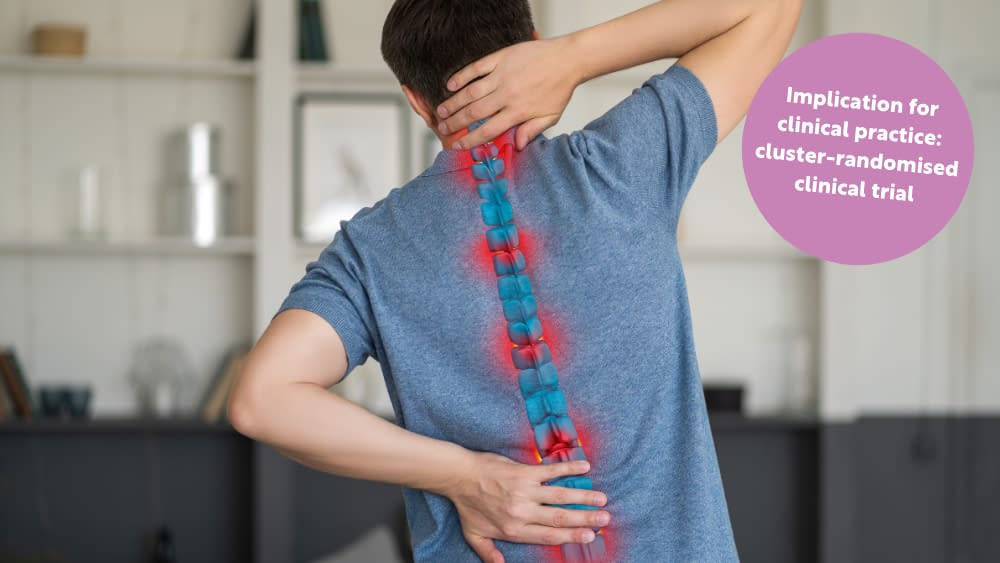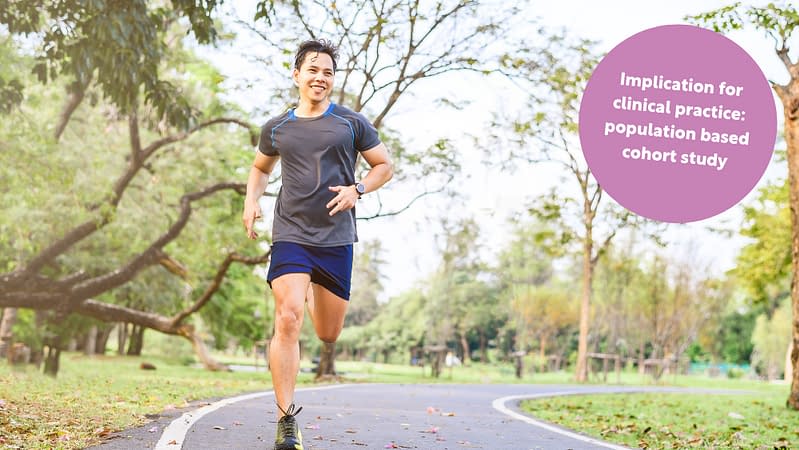While Pain Neuroscience Education (PNE) training did not improve physical function, integrating it into patient care may help address maladaptive beliefs and build confidence in managing pain.
For healthcare professionals this highlights the importance of ongoing education to deliver consistent PNE messaging effectively and the need for systemic changes to embed such training into routine care for a broader impact.
Context
To determine if training physiotherapists in PNE improves pain self-efficacy and functional outcomes for patients with chronic spinal pain in routine clinical care settings.
Methods
- 108 therapists consented for training.
- 319 patients with chronic spinal pain were selected if they had no red flag conditions, no PT for spinal pain within last 6 months and /or spinal surgery within the last 12 months.
- Therapists in the PNE group received 16 hours of training. Outcomes were measured using the PROMIS Function test and the Pain Self-efficacy Questionnaire (PSEQ) at 2 and 12 weeks.
Results
- PNE group showed greater improvements in pain self-efficacy at 2 and 12 weeks compared to usual care.
- No difference in other outcomes, with limited evidence of consistent PNE message delivery.
- No significant improvement in physical function (primary outcome) at 12 weeks.




